Gallery
Photos from events, contest for the best costume, videos from master classes.
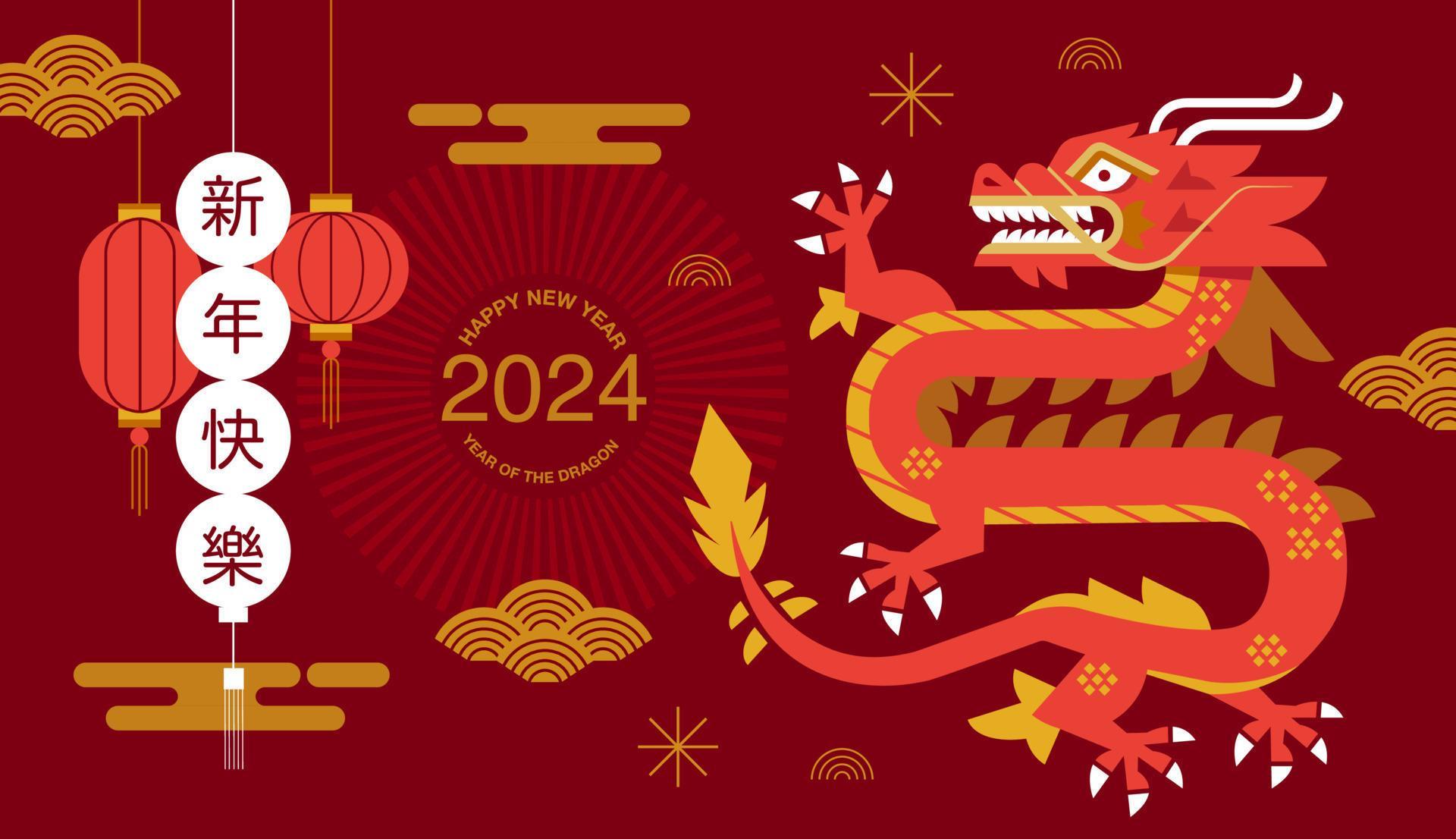 |  |
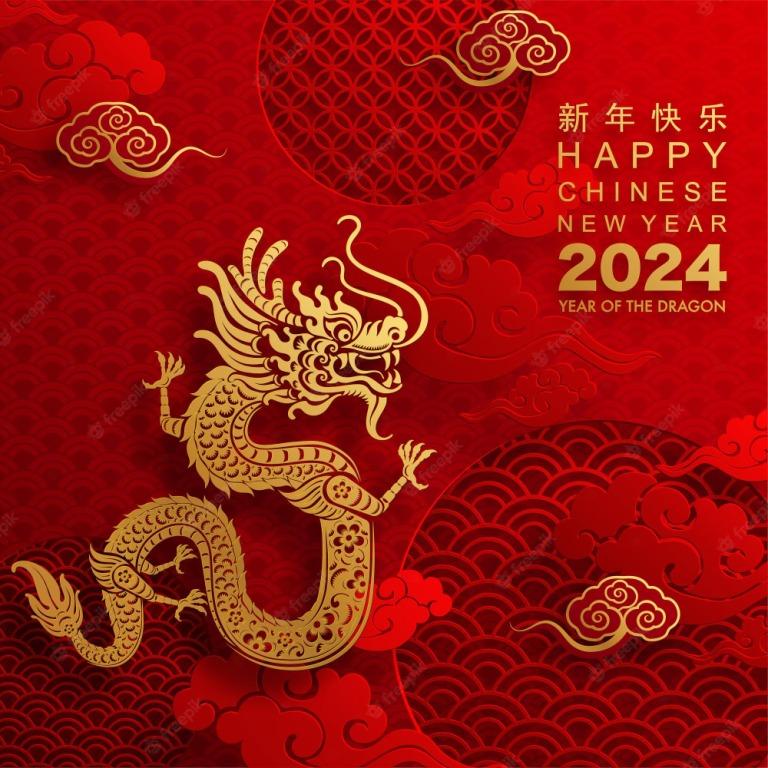 |  |
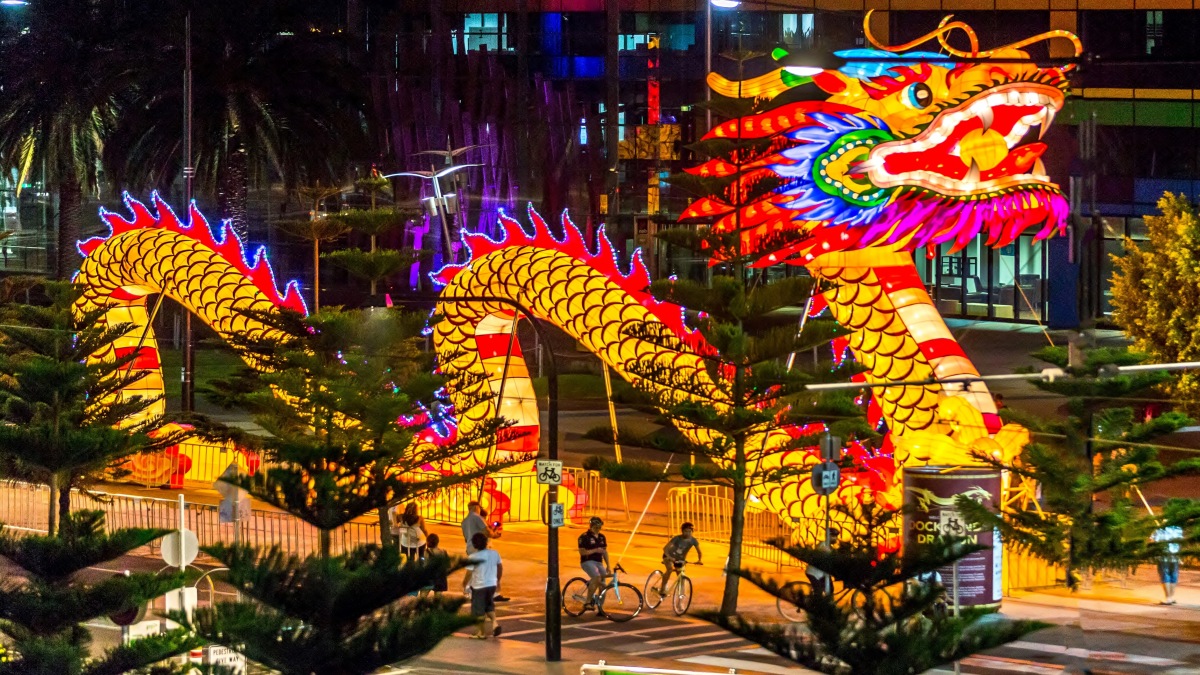 |  |
 |  |
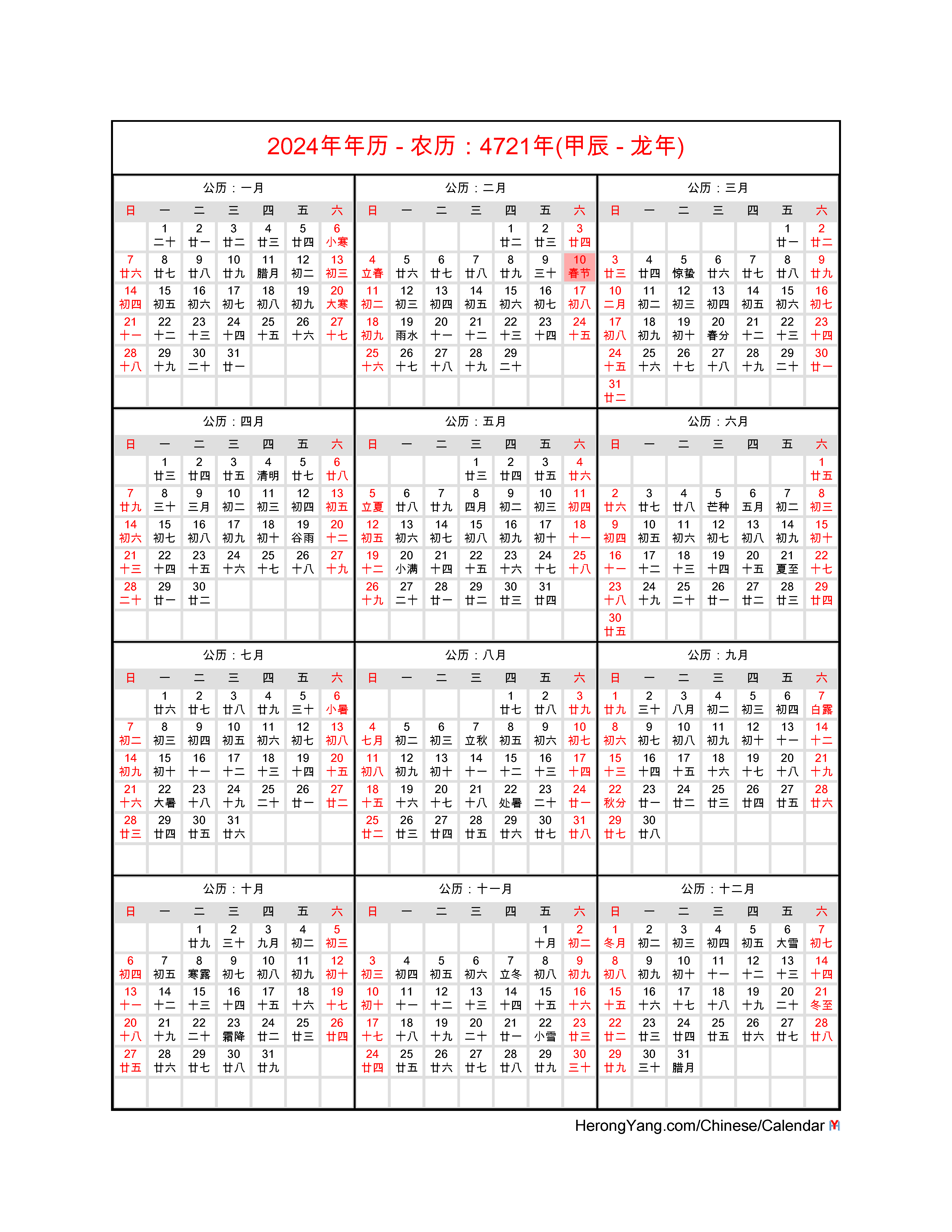 |  |
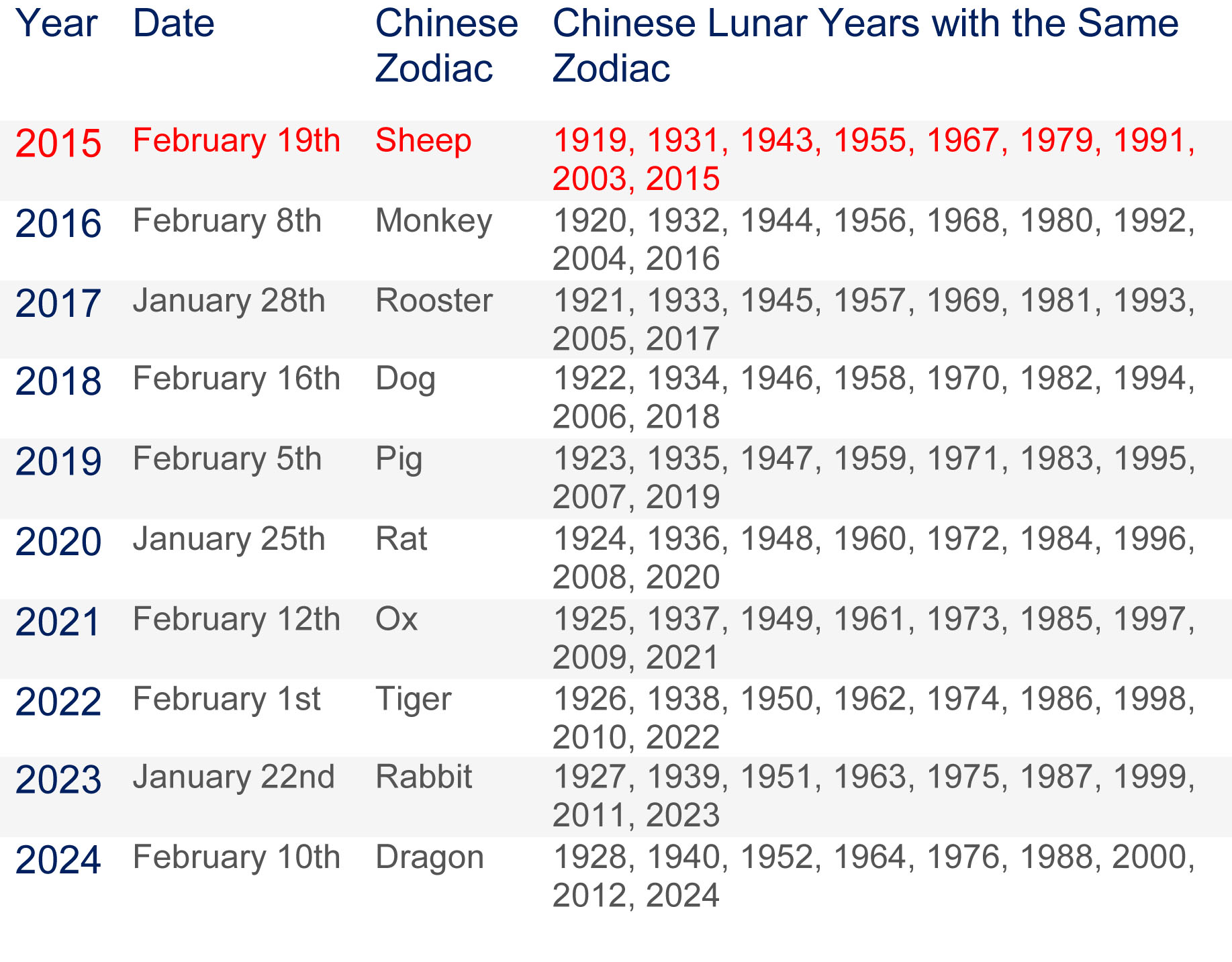 |  |
Simply put, Chinese New Year and Lunar New Year are not the same. Despite being related, there are a few noteworthy differences between the two. Read on to find out what they are. The Differences between Chinese New Year and Lunar New Year 1. "Chinese New Year" is specific while "Lunar New Year" is more general. Lunar New Year celebrations can last up to 15 days, starting on the new moon between late January and mid-February. The exact date varies each year based on the lunar calendar. The new year begins Chinese New Year specifically refers to the festival in China. Lunar New Year is a broader term for similar celebrations across Asia. Both are based on lunar calendars, but the Chinese calendar dictates the timing of Chinese New Year. Most people in the UK recognise New Year's Eve as 31 December, however the Chinese and Lunar New Year varies year on year, yet usually falls around the end of January. Chinese New Year and Lunar New Year are rich in cultural meaning and tradition. But it’s not the same. Lunar New Year encompasses celebrations of many cultures, while Chinese New Year focuses on specific Chinese traditions. When learning about these differences we can appreciate the diversity and beauty of each celebration. The holiday is sometimes called the Lunar New Year because the dates of celebration follow the phases of the moon. Since the mid-1990s people in China have been given seven consecutive days off work during the Chinese New Year. The push for ‘Lunar New Year’ Lunar New Year marks the beginning of the lunisolar calendar, with festivities often lasting for 15 days or more. Chinese New Year is actually only one festival under the umbrella term of Lunar New Year, which is a festival that occurs on the first day of a new year in the lunisolar calendar, a calendar that Just like New Year according to the Gregorian calendar (January 1), Lunar New Year celebrations start on the night before the first day of the new year. ( Note: China follows the Gregorian calendar for daily business but still follows the Chinese calendar for important festivals, auspicious dates for events such as weddings, and the Moon phases.) Why Lunar New Year prompts the world’s largest annual migration. Observed by billions of people, the festival also known as Chinese New Year or Spring Festival is marked by themes of reunion and The Lunar New Year in 2025 welcomes the Year of the Snake, according to the Chinese lunar calendar.Celebrated by millions around the world, this is a time for cultural traditions, family reunions, and hopes for good fortune in the coming year. Each Chinese lunar year has a Chinese zodiac sign animal. The Chinese zodiac year's stsarting date is a little different from the Gregorian year. It starts from Chinese New Year. The Chinese zodiac years chart below is provided to help you find out the exact starting and ending dates of the Chinese zodiac years. (This is especially useful for Happy Chinese New Year 2025: Chinese New Year, based on the Lunar Calendar, typically falls on the second new moon after the winter solstice. In 2025, the Chinese New Year, also known as the Spring Festival, will be celebrated from January 29th to February 12th. According to the Chinese Public Children born in the last lunar calendar year were Dragons, while those born on or after the Lunar New Year in 2026 will be Horses, and so on. Snake-shaped installations dazzle visitors at When is Lunar New Year? This year, Lunar New Year falls on Wednesday, Jan. 29. It ends Feb. 12. What is Lunar New Year? Lunar New Year, also widely regarded as Chinese New Year since the late 19th A 15-day celebration, Chinese Lunar New Year continues until the full “Snow Moon” signals the beginning of the Lantern Festival on Wednesday, Feb. 12, 2025. The legal holiday is seven days long, from the Lunar New Year's Eve to the sixth day of the first lunar month. Some companies and public institutions enjoy a longer holiday up to 10 days or more, because in common knowledge among Chinese people, the festival lasts longer, from the Lunar New Year's Eve to the 15th day of the first lunar month (Lantern Festival). Chinese Lunar New Year 2025: People born during the Year of the Snake. People born in the Year of the Snake are frequently viewed as resourceful, self-sufficient, and driven to conquer obstacles Chinese New Year in 2025 falls on January 29 and ends with the Lantern Festival on Feb. 12. Celebrations last up to 16 days; the Chinese public holiday lasts from Wednesday to Feb. 4. What is the 译:一些人认为把农历新年称为“Chinese New Year”是对他人感受的漠不关心(insensitive),因为好多其他文化背景的人们也庆祝这个相同的节日,只是名字不同,所以严格来说,这个节日并不
Articles and news, personal stories, interviews with experts.
Photos from events, contest for the best costume, videos from master classes.
 |  |
 |  |
 |  |
 |  |
 |  |
 |  |